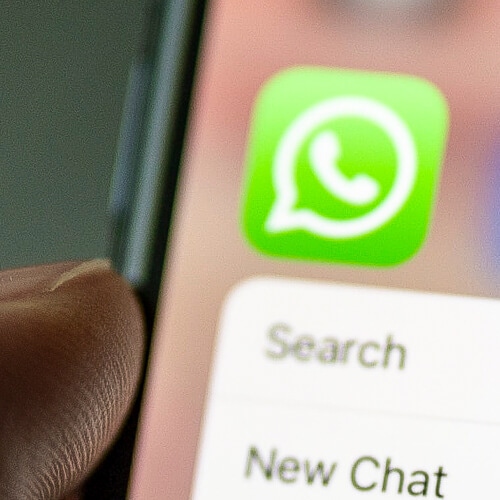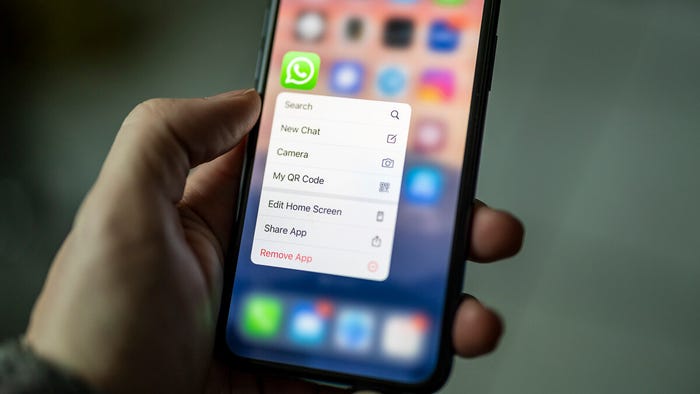WhatsApp continues to defy India over data-sharing rules
Messaging giant WhatsApp's controversial policy, which allows user data to be shared with parent company Facebook and others, is in the spotlight again.

Messaging giant WhatsApp's controversial new policy, allowing it to share user data with parent company Facebook and others, is in the spotlight again.
The company recently said that it would not delete the accounts of users who don't accept the changes, backtracking on its original statement.
In reality, there seems to be little choice, as WhatsApp will stop delivering messages and calls after a set number of reminders to accept the new terms and conditions.
Figure 1:  Get the message: WhatsApp is back in the firing line in India, as the messaging service refuses to bow to government pressure.
Get the message: WhatsApp is back in the firing line in India, as the messaging service refuses to bow to government pressure.
(Source: Dimitri Karastelev on Unsplash)
Users will be able to see the latest messages but will not be able to respond or access the message thread. Essentially, they must choose to either accept the terms or make do with limited functionality.
The company introduced the new terms in January 2021. The changes allow it to share user data, including location and payment information, with Facebook and other companies.
Significantly, it made it mandatory for users to accept the new terms to continue using the messaging service. However, backlash from customers who started moving to rival services like Telegraph and Signal forced the company to postpone implementing the rules from February 8 to May 15, 2021.
Under pressure
The company continues to face massive pressure to withdraw the rules. Central government wrote to WhatsApp in January asking them to cancel the change, while urging the Delhi High Court to restrain WhatsApp from implementing the new rules.
WhatsApp is also facing a probe from the Competition Commission of India (CCI), which took a suo moto cognizance (a unilateral move by a court or other regulatory body in India) of the issue earlier this year. Media reports indicate the Indian Electronics and IT Ministry is considering all options to address the issue of the platform's new policy.
WhatsApp alleged that other apps like Zomato, Ola and Aarogaya Setu collate similar data and have similar privacy laws in a recent court hearing.
Want to know more about the cloud? Check out our dedicated cloud-native networks and NFV content channel here on Light Reading.
It is unprecedented that in the face of such an intense backlash, and ongoing legal action by central government and other agencies, WhatsApp has refused to back down.
India has strong leverage since it is one of the biggest markets for the service with more than 400 million users. Added to this, last year India banned more than 100 Chinese apps, including Helo and TikTok.
WhatsApp is also facing issues in other regions, with Germany recently banning the new policy.
Pressure to monetize the app may be one reason WhatsApp is insisting on these rules in spite of the strong reaction.
It is also possible the service is confident of continued user loyalty, because even when people downloaded Signal and Telegraph, they didn't stop using WhatsApp.
Lastly, close ties between Facebook and Reliance Industries, India's largest company, may help WhatsApp navigate the maze of Indian rules and regulations.
Related posts:
— Gagandeep Kaur, contributing editor, special to Light Reading
Read more about:
AsiaAbout the Author(s)
You May Also Like




.jpg?width=300&auto=webp&quality=80&disable=upscale)







